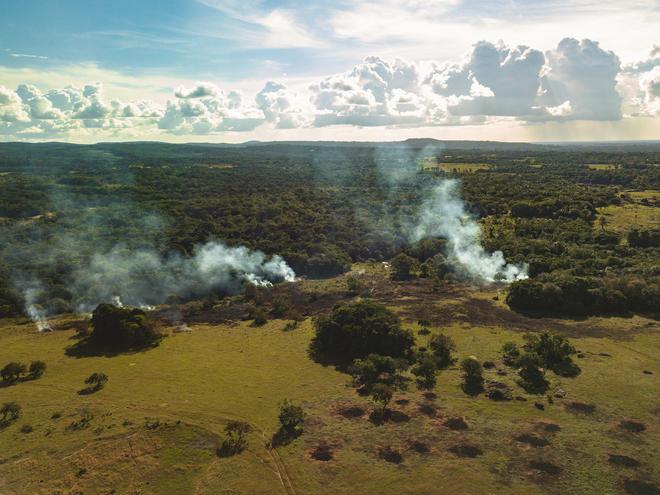
What is a zoonotic disease, and what characterizes COVID-19 and makes it different from other zoonotic diseases?
Rebecca Shaw: Zoonotic diseases are diseases that start in animals, either wild or domestic, and jump over all the barriers to become human diseases. COVID-19 is special because it has a long stage where humans are infectious but asymptomatic. You don’t show any symptoms, allowing you to unknowingly infect the people around you before you realize you have the disease.
COVID-19 also has quite a death rate of 1-3%, combined with the asymptomatic phase, making it potentially scarier than some other zoonotic diseases we’ve seen in the past, like the Spanish Flu.
What animals caused COVID-19?
RS: We know that COVID-19 is a bat-derived RNA virus originating in Asia because it has the same RNA signature as a bat disease. But the bat virus has been modified, so we believe bats infected another animal which infected humans. That species has not yet been identified. Scientists can use RNA (a single strand of nucleotides) to track and identify viruses because with every new species infected, there is an identifiable mutation in the RNA.
How does conservation intersect with public health?
RS: Public health and conservation need to be better aligned. Conservation is the preventative measure while public health is the treatment. If we establish practical sustainable conservation initiatives, we can decrease the likelihood of spillover events and keep people and nature healthy. In the event that zoonotic diseases do develop and spread, public health practices must step in to figure out testing, quarantining, and treatment development.
How do we make sure the solutions that will limit zoonotic disease don’t harm the people living in proximity to and relying on wild spaces for food?
RS: When COVID-19 first spread, there was a call to close all ‘wet markets.’ It’s an ill-defined term that refers to markets where people get their food, including fresh produce and grains, as well as live animals and fresh meats. The problem with calling for the closure of all wet markets or markets in general is that it will cut off the access to nutritious food for many people who are already vulnerable. What we need to do is to design conservation and public health interventions that increase the well-being of those vulnerable populations, not just shift the burden of disease to malnutrition.
Is there a link between climate change and pandemics?
RS: Climate change effects spillover events both directly and indirectly depending on the zoonotic disease. Each zoonotic disease is very different. West Nile virus is directly impacted by climate change because it influences the geographic range of the vector, the mosquito, and therefore changes which populations of humans are at risk. Others, like COVID-19, are indirectly impacted by climate change, such as when climate change creates conditions that cause stress for a host animal. Environmental stress causes animals to shed the virus, increasing the risk of spillover events.
Can solutions for biodiversity loss also be solutions for pandemic prevention?
RS: We see that all the drivers of pandemics are also driving biodiversity loss and climate change. Things like land use change, especially deforestation in tropical zones, or the increased demand for animal protein that brings humans and domestic animals into close contact with wild animals. It’s important to tackle all issues of biodiversity loss to minimize the chances of a pandemic developing.
Working in the conservation space during a pandemic can feel overwhelming. What gives you hope?
RS: I feel hopeful knowing that people are thinking more about the wellbeing of others and the status of humanity, and how we move through a crisis like this, not only to prevent it but to increase the health of people and nature.
Read WWF’s report – COVID19: Urgent Call to Protect People and Nature
Enviroshop is maintained by dedicated NetSys Interactive Inc. owners & employees who generously contribute their time to maintenance & editing, web design, custom programming, & website hosting for Enviroshop.
